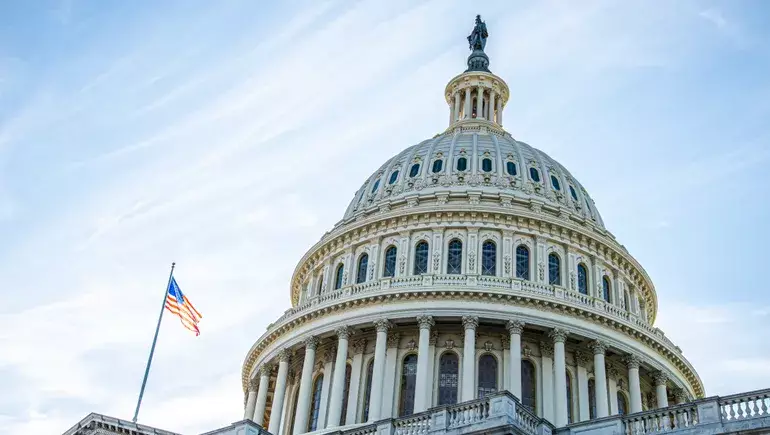The ongoing saga of the potential TikTok ban in the United States seems to be mired in political and bureaucratic processes. The recent bipartisan bill presented to the House Energy and Commerce Committee aims to either force TikTok into U.S. ownership or face a ban due to national security concerns. The bill has passed through the House of Representatives, but now awaits a vote in the U.S. Senate. With the Senate just returning from its Easter recess, the timeline for the bill’s approval remains uncertain.
Initially, the bill stipulated that TikTok’s parent company, ByteDance, would have six months to sell the app to a U.S. company before facing consequences. However, there are discussions on extending this timeframe to a year to alleviate concerns about business restrictions. This potential extension could mean that TikTok will continue to be available in the U.S. for an extended period before any final decisions are made about its fate.
Chinese authorities have vehemently opposed the forced sale of TikTok to a U.S. entity, indicating that they will not allow such a transfer to happen. This resistance could lead to a scenario where TikTok is eventually banned in the U.S., impacting its American user base. The final decision on the bill’s approval lies with the U.S. Senate and ultimately with President Joe Biden. The political implications of the upcoming election and differing views on the TikTok sell-off proposal add further complexity to the situation.
The uncertain timeline for the next steps in the TikTok ban process leaves the app’s future in limbo. Whether the bill will be approved by the Senate, signed into effect by President Biden, or face opposition from various parties remains to be seen. With these political and bureaucratic hurdles, it is possible that the decision on TikTok’s fate may extend beyond the upcoming election. The conflicting views and interests involved make it challenging to predict the eventual outcome for TikTok in the U.S.
The future of TikTok in the United States is clouded with uncertainty due to political, bureaucratic, and international considerations. The potential ban or forced sale of the app hangs in the balance, with various stakeholders having differing views on its future. As the process unfolds, TikTok users in the U.S. may continue to access the app for the foreseeable future, but the final decision on its fate remains up in the air.


Leave a Reply